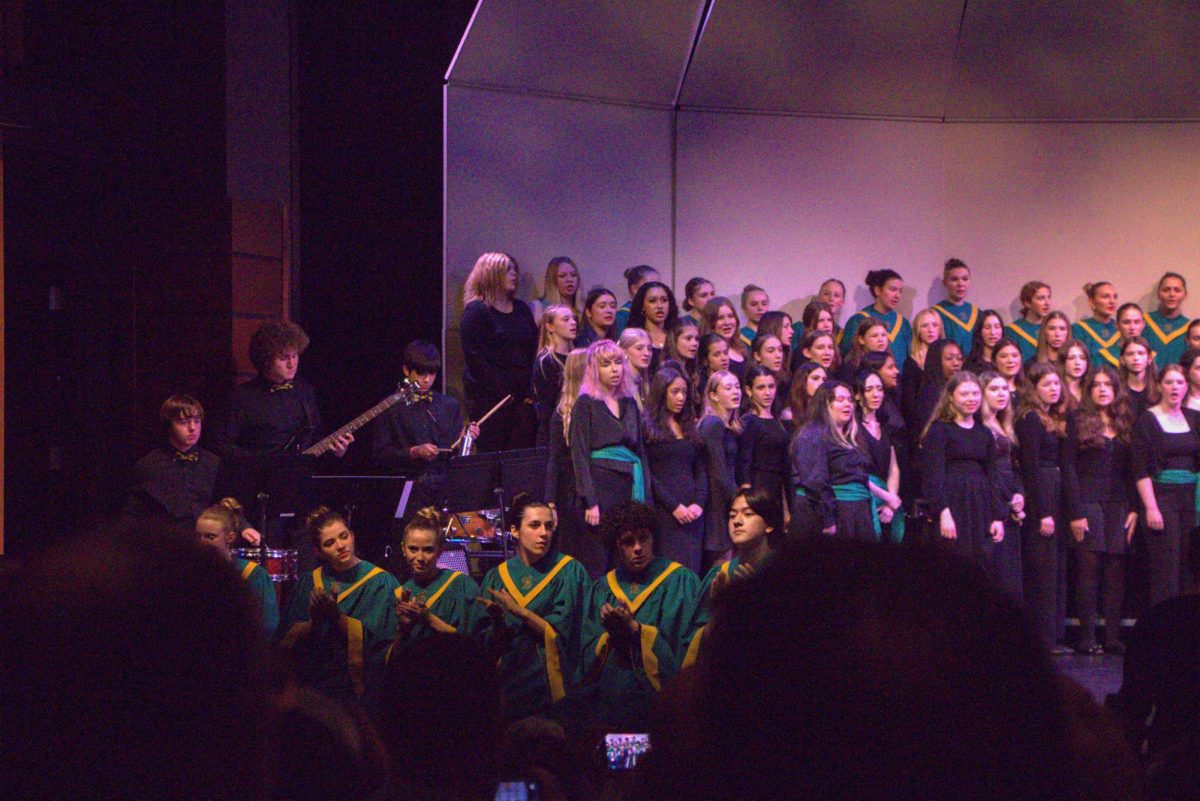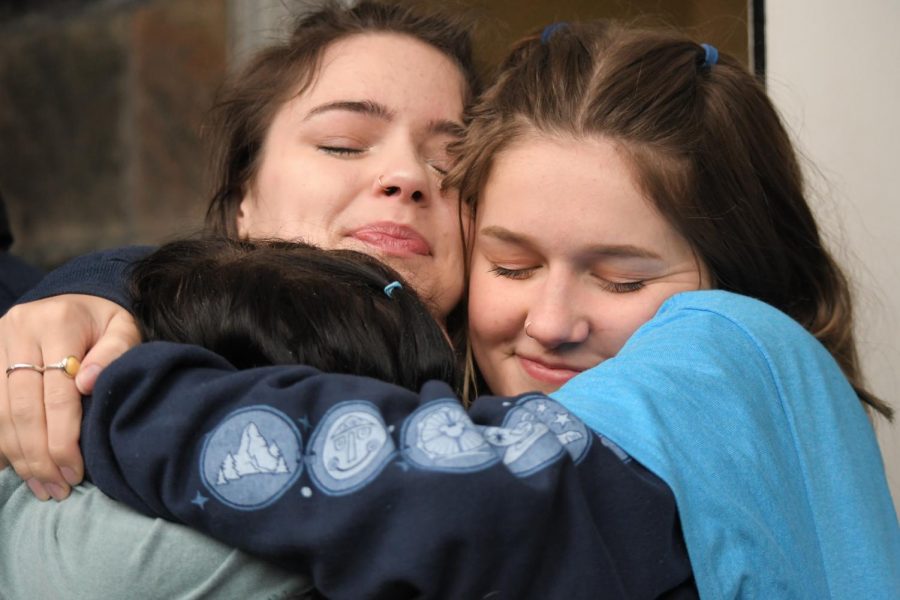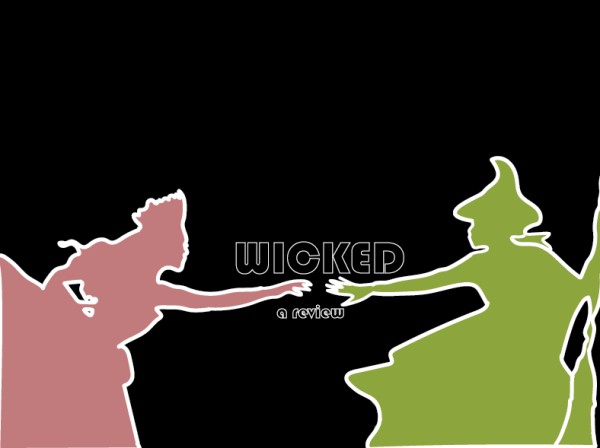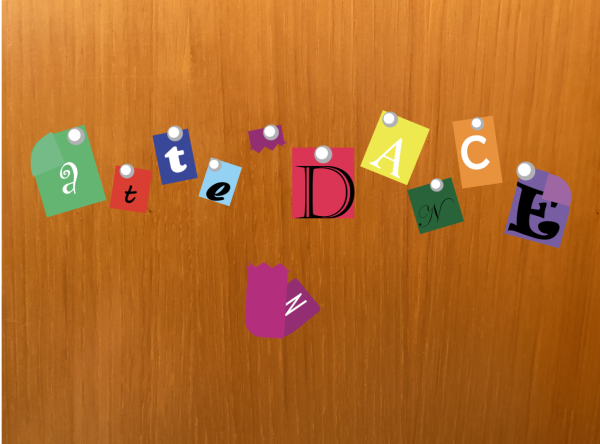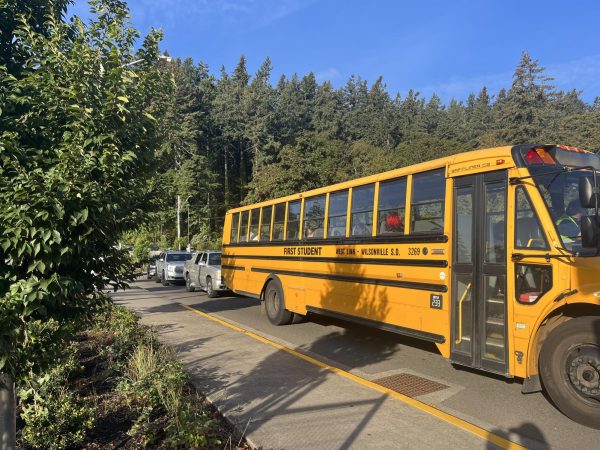We’re all in this together
People need support
Gigi Schweitzer and Ahna Schaper, juniors, share an embrace.
Editor’s note: Wallace Milner is a member of wlhsNOW staff.
At 11:15 on Feb. 4, students walked out to voice their opinion on whether or not we should adopt Oregon’s current health standards.
This talk among our peers included the health standard we need for gender identity and gender expression.
Today in the current health curriculum, Oregon is trying to start teaching kids at a younger age to recognize that there are many ways to express the basis of gender.
During the walkout, as it was pouring down rain, there were many student speakers who devoted their time to preparing speeches for this important event.
“Many people who identify as non-binary or LGBTQ are not considered in our current health curriculum, and that is not OK,” Audrey Minch, senior, said. Minch prepared an opening speech that informed everyone about what is currently in our health curriculum and what we need to be in it.
The LGBTQ community is three times more likely to have a mental health condition like depression or anxiety, Minch said. You may ask yourself why this is, but honestly, if you look around, you’ll see it all around you, as the people who identify as LGBTQ are being oppressed by the people who don’t understand it because they weren’t exposed to it at a younger age.
The reality is that the exposure of being prejudiced towards the LGBTQ community is so vast, and the new health curriculum really helps with this. It teaches about mental health, to reduce the stigma around those that are suffering, and to provide them support.
When you walk through the halls, you tend to see others not being supportive towards oppressed individuals such as the LGBTQ community, but as the health standards state, this shouldn’t be allowed. The standards say “a person may not be subjected to discrimination in any school.” There should be consequences when people don’t follow this standard. They don’t specify in the standard what would happen if an oppressed group does end up getting discriminated against, because honestly, people will be people. They will hate on what is unfamiliar and different, and if we don’t set a standard on how to help and support the people that are seen as different, then we are just as bad as the people who throw the hate.
Many people on the day of the walkout voiced “what is the point? If it doesn’t concern me why should I care? Why should I go?” Well, the reason you should care is that even if you aren’t being oppressed you are still in the same environment as the ones that are, so if it affects the ones around you, it affects the environment which affects you.
For example, people could say “I’ve already got a curriculum that represents me a lot of people like me,” said Wallace Milner, a senior who wrote a very powerful closing speech to pump up the crowd, “Who feel the comfort every day of walking into a school that acknowledges and affirms their identity. Well, this isn’t just a question about curriculum.”
“It’s about who has power, who has protection, and who has a voice in society,” Milner said. And at this moment, the people of the LGBTQ community don’t have this, and what we need is to empower these people, to give them a voice.
For the ones who care and actually do have a voice to speak out, as Milner said, “we’re only students, and as students alone, our voices are small. But when one education change impacts students directly, student voices have got to be heard.”
Your donation will support the student journalists of West Linn High School. Your contribution will allow us to continue to produce quality content by purchasing equipment, software, and continuing to host our website on School Newspapers Online (SNO).
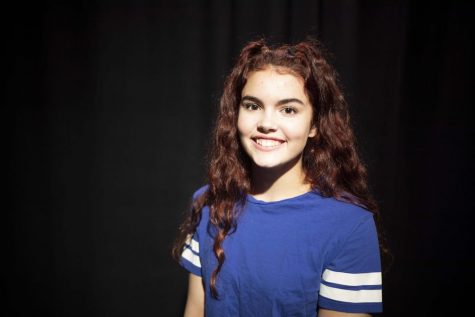
The need for a second home was eating at Zoe Barnett, junior, so much that she would take on anything that would make her feel at home. This attitude can...
Andrea Secchi is an award-winning portrait, fashion and lifestyle photographer from Portland, Oregon. Her love of sharing people's stories lead her...



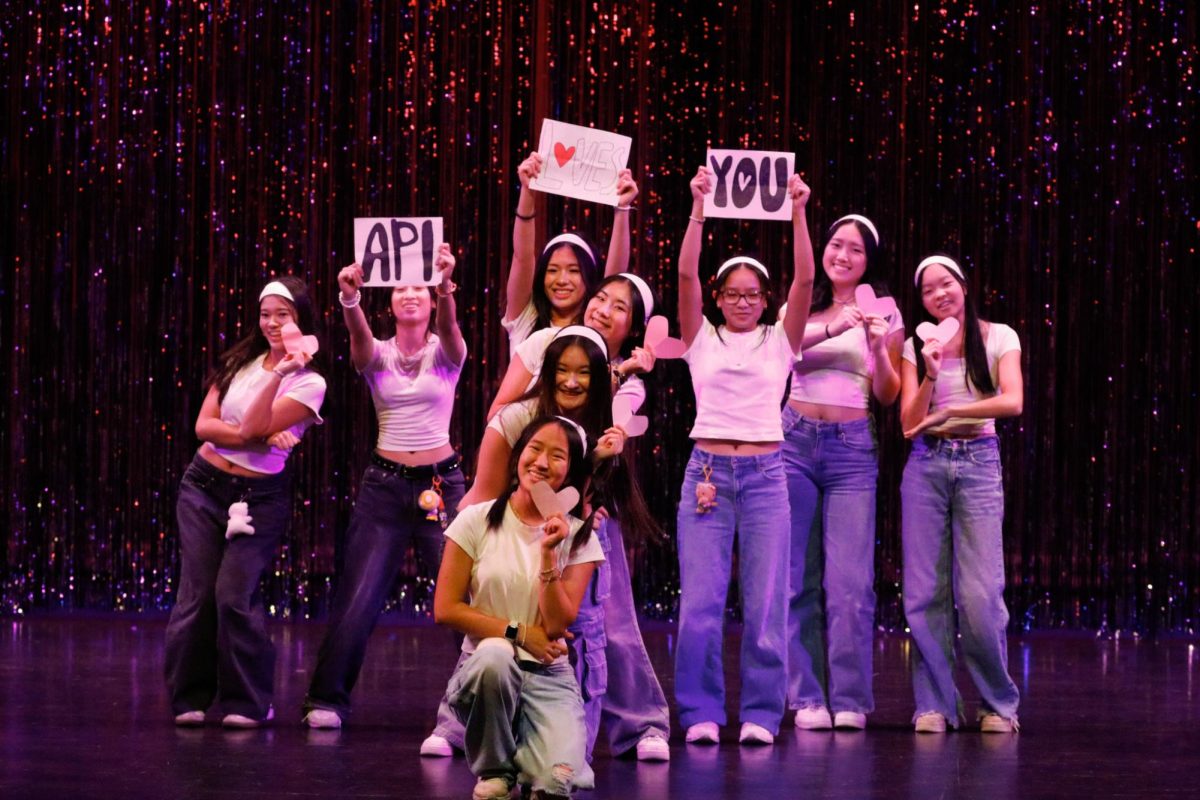
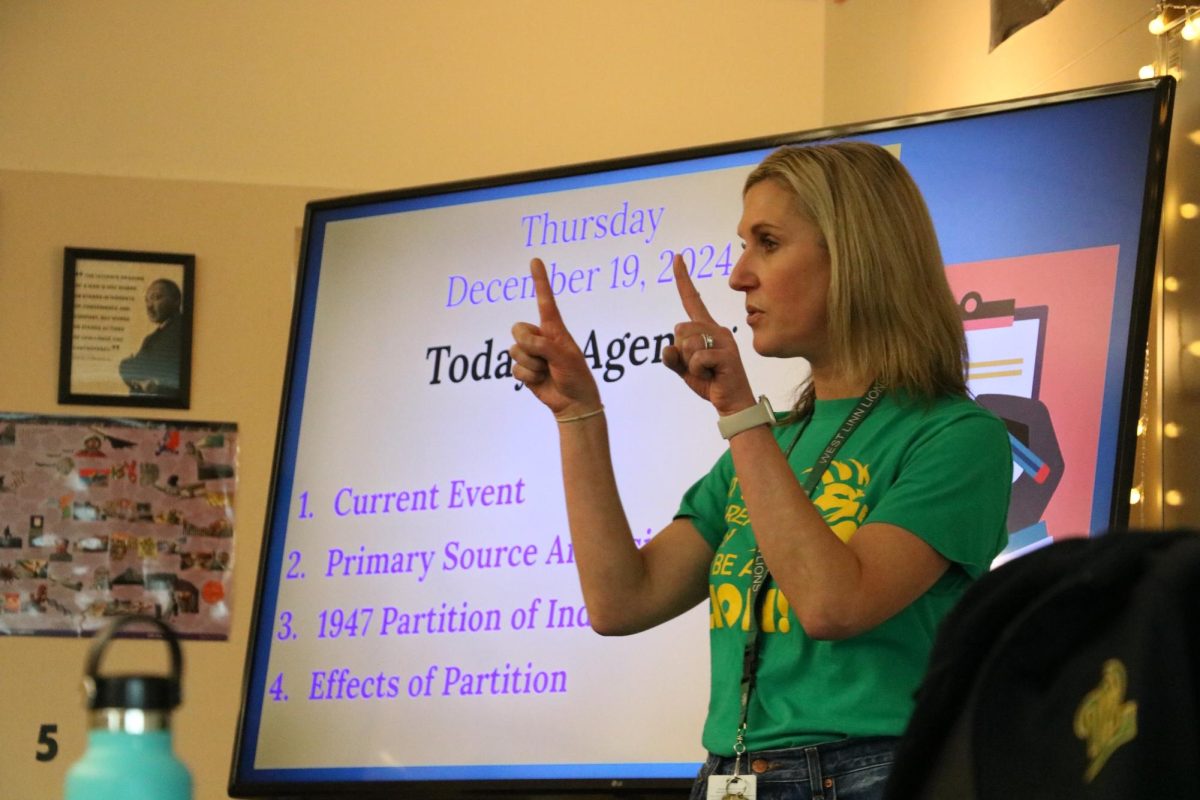

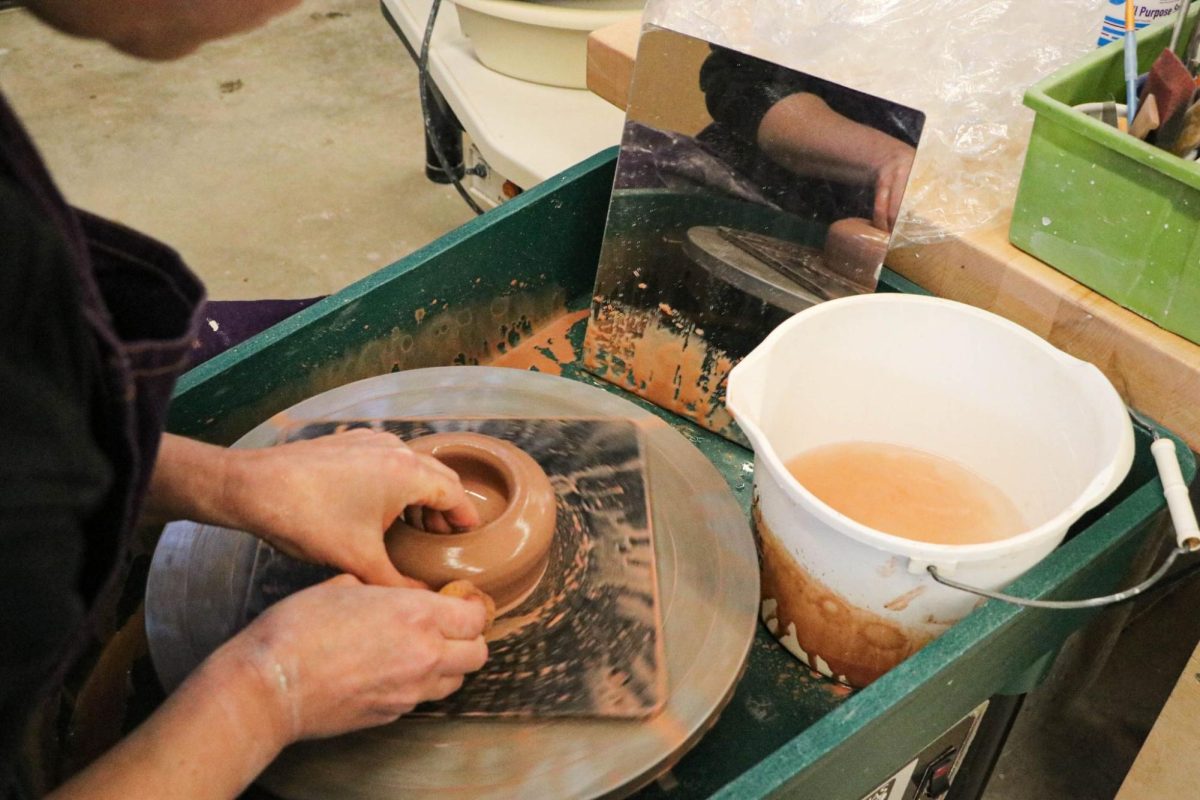

















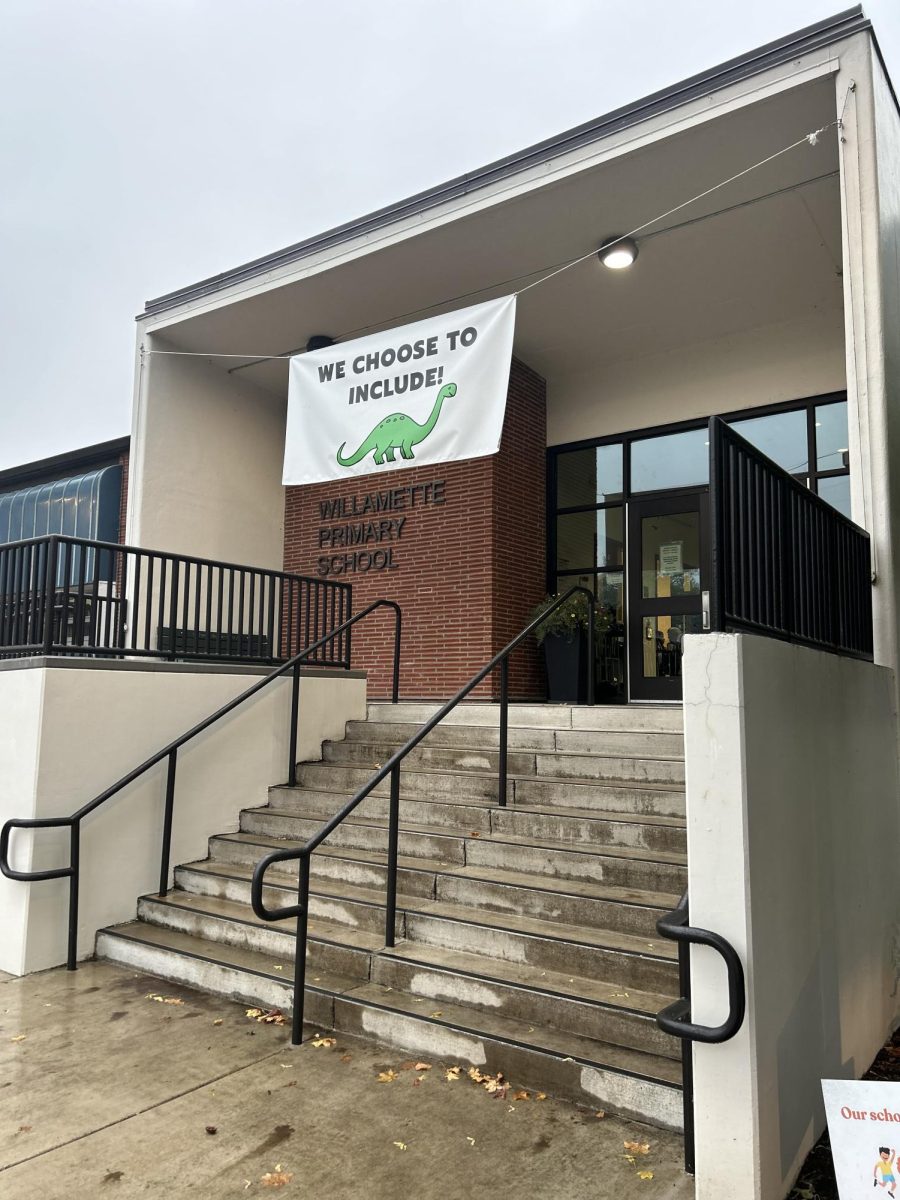
























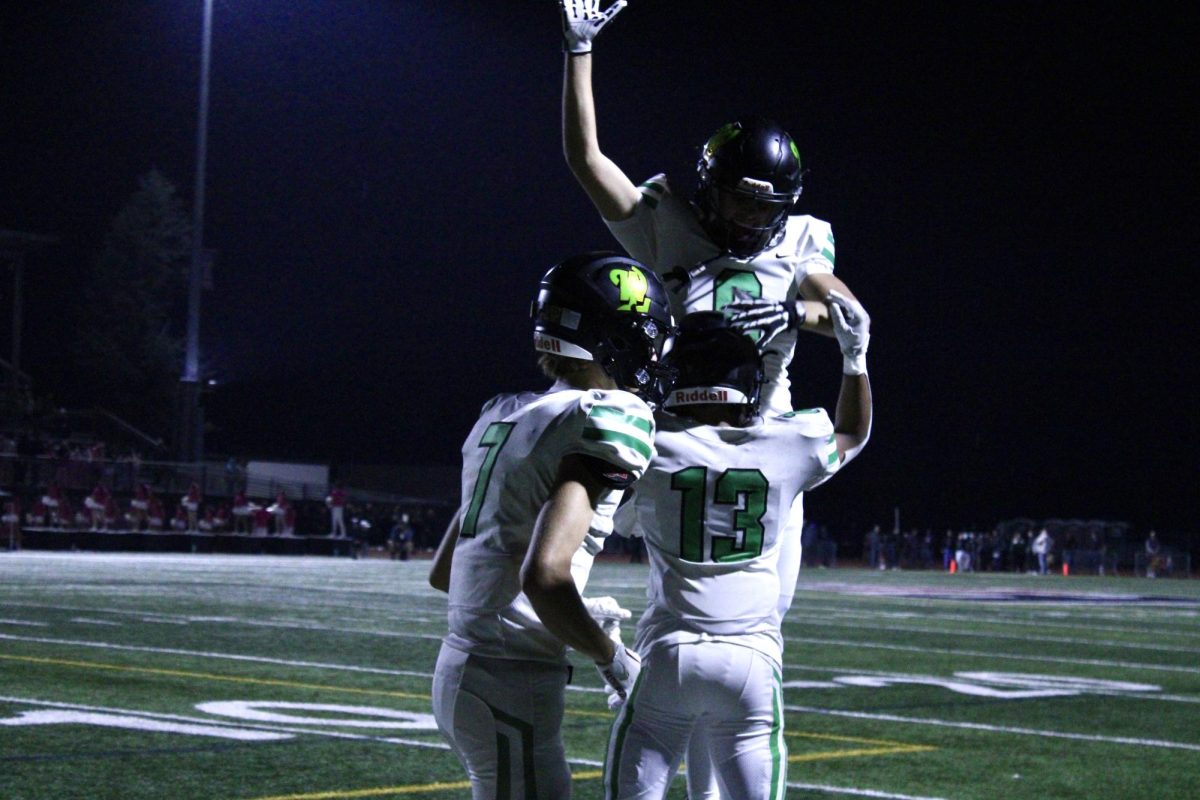




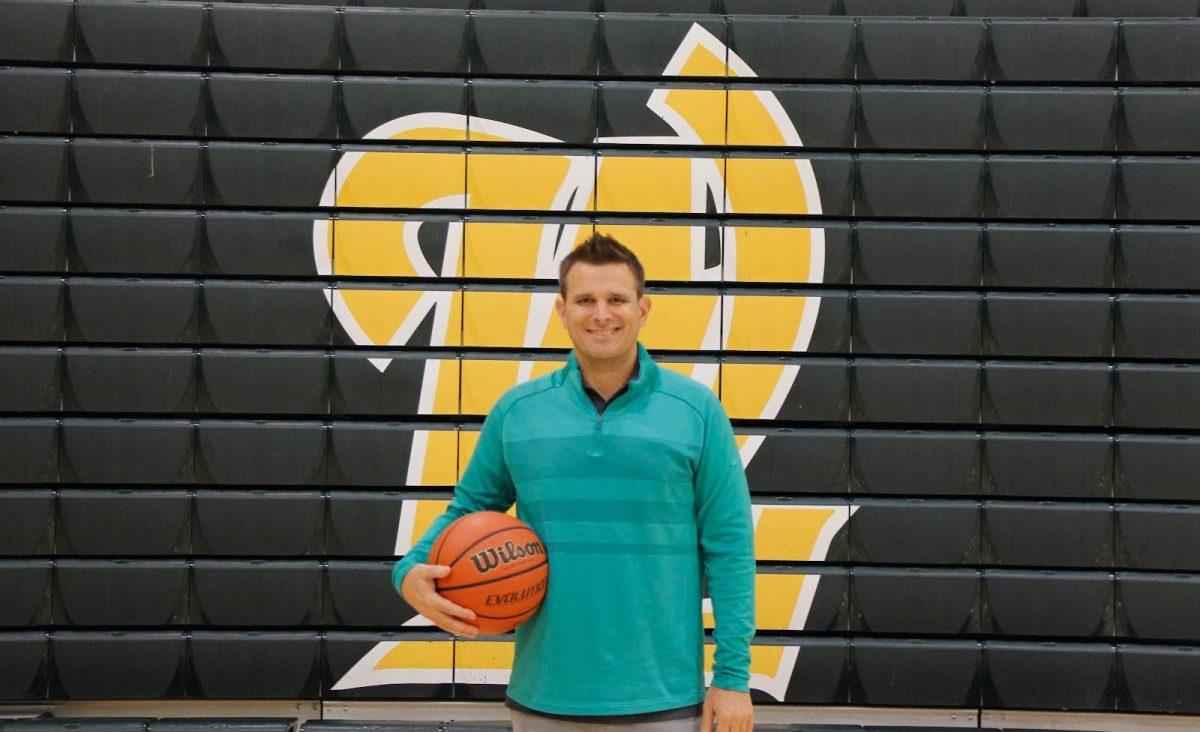







![At the bottom of the third inning, the Lions are still scoreless. Rowe stands at home plate, preparing to bat, while Vandenbrink stands off to the side as the next batter up. Despite having the bases loaded, the team was unable to score any runs. “It’s just the beginning of the season. We’re just going to be playing out best by June, [and] that’s where champions are,” Rowe said.](https://wlhsnow.com/wp-content/uploads/2024/03/IMG_3077-1200x900.jpg)



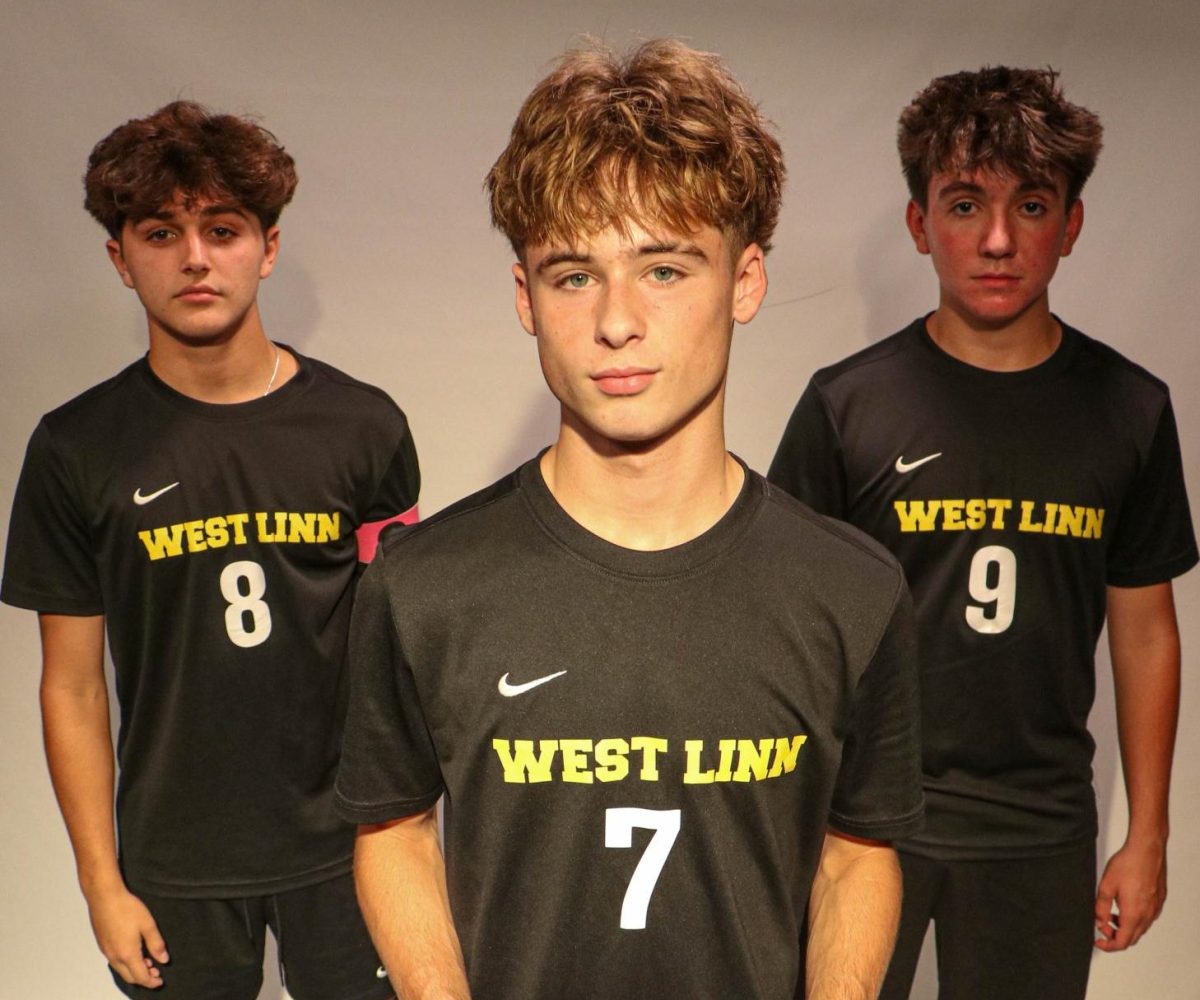



































![All smiles. The group poses for a photo with last year’s book, “This is Our House,” along with their award for third Best in Show. Meikle, who was an Editor-in-Chief for the yearbook last year as well, holds both and stands at the center of the group. “That was an amazing feeling, going and grabbing the third place award,” Meikle said. “All of it paid off. I cried so much over that book, being able to receive [the award] was one of the highlights of my high school career, it was like the coolest thing ever.”](https://wlhsnow.com/wp-content/uploads/2024/11/8bookpose_philly-1200x800.jpg)
